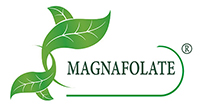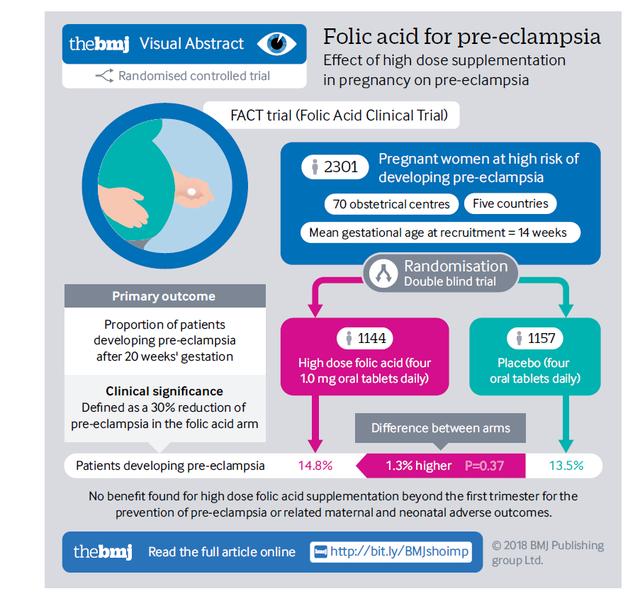"Dear expecting mothers, have you realized that over 80% of us might be at risk due to a deficiency in red blood cell folate, which is closely linked to an increased risk of congenital heart disease in babies? So, how can we effectively supplement with red blood cell folate to safeguard our baby's heart health?"
The Common Deficiency of Red Blood Cell Folate:
Studies reveal a widespread deficiency of red blood cell folate among women planning pregnancy. In Shanghai, a staggering 83% of mothers were found to have red blood cell folate levels below the internationally recommended threshold of 906 nmol/L (400 ng/mL).

Source: Dietary Folate Nutrition Status Survey Among Sub-fertile Populations
The Strong Correlation Between Red Blood Cell Folate and Congenital Heart Disease:
Red blood cell folate is a crucial biomarker for assessing folate status, playing a vital role in preventing neural tube defects (NTDs) and other congenital malformations. The WHO advises that folate levels in red blood cells for women of reproductive age should exceed 400 ng/mL (906 nmol/L) to significantly mitigate the risk of NTDs, congenital heart disease (CHD), and other birth defects. Research indicates that a mother's red blood cell folate concentration is associated with her offspring's risk of congenital heart disease. For every 100 nmol/L increase in a mother's red blood cell folate, there is a 7% decrease in the risk of congenital heart disease in her child. Maintaining red blood cell folate levels above the WHO's recommended threshold of 906 nmol/L for preventing neural tube defects provides additional benefits, potentially reducing the incidence of congenital heart disease by 51.3%.

Red blood folate and CHD
The Sobering Reality of Congenital Heart Disease:
Since 2000, the incidence of congenital heart disease has surged, increasing 12.3-fold from 14.07 per 10,000 in 2000 to 173.2 per 10,000, making it the most prevalent birth defect in newborns and a significant burden on families and society.

Source: National Maternal and Child Health Monitoring and Annual Report Communication, 2022, Issue 4
How to Supplement Red Blood Cell Folate?
Increasing red blood cell folate levels is a process that takes time, potentially requiring three months or more. Thus, planning ahead and maintaining consistent folate supplementation are essential. Moreover, the source of folate significantly impacts red blood cell folate levels.

Red Blood Cell Folate Testing
The Potential Risks of Synthetic Folic Acid and Congenital Heart Disease:
Synthetic folic acid (FA) is currently the primary source of folate supplementation. However, recent studies suggest that synthetic folic acid (FA) might inhibit angiogenesis, leading to cardiovascular development abnormalities and increasing the risk of embryonic death, particularly in cases related to congenital heart disease. In contrast, 6S-5-Methyltetrahydrofolate-Calcium (MTHF-Ca) can avoid the potential cardiac toxicity risks associated with synthetic folic acid (FA).

The Impact of Folic Acid on Heart Development
Naturalization Folate: Effectively Elevating Red Blood Cell Folate and Safeguarding Your Baby's Heart Health
Naturalization folate, more appropriately known as 6S-5-Methyltetrahydrofolate-Calcium (MTHF-Ca), is ideal for maternal and infant use. Its production process avoids the use of toxic substances such as formaldehyde and toluenesulfonic acid, and strictly controls harmful impurities like JK12A and 5-Methyltetrahydrofolate, ensuring the product reaches effectively non-toxic levels, safeguarding the health of mothers and infants comprehensively.

Naturalization folate can rapidly elevate red blood cell folate levels. Moreover, it is not restricted by folate metabolism genes, can be directly absorbed by the body, effectively avoiding the risk of accumulation of unmetabolized folate, and can quickly elevate red blood cell folate levels, thus providing a solid guarantee for the baby's heart health.
Conclusion:
Every heartbeat is a celebration of life. As expectant mothers, the choices we make reflect not only our love for our babies but also shape their future. By choosing naturalization folate, Magnafolate, we build a strong health defense for our babies, allowing them to grow robustly in a safe and healthy environment.
References:
1.Chen H, Zhang Y, Wang D, et al. Periconception Red Blood Cell Folate and Offspring Congenital Heart Disease: Nested Case-Control and Mendelian Randomization Studies. Ann Intern Med. 2022; DOI: 10.7326/M22-0741.
2.World Health Organization. Serum and red blood cell folate concentrations for assessing folate status in populations. Vitamin and Mineral Nutrition Information System. Geneva: World Health Organization; 2012.
3.Chen H, Zhang Y, Wang D, et al. Periconception Red Blood Cell Folate and Offspring Congenital Heart Disease: Nested Case-Control and Mendelian Randomization Studies. Ann Intern Med. 2022 Sep;175(9):1212-1220. doi: 10.7326/M22-0741.
4. Lian Z, Wu Z, Gu R, Wang Y, Wu C, Cheng Z, He M, Wang Y, Cheng Y, Gu HF. Evaluation of Cardiovascular Toxicity of Folic Acid and 6S-5-Methyltetrahydrofolate-Calcium in Early Embryonic Development. Cells. 2022;11:3946. doi:10.3390/cells11243946.
5. Lian Zenglin, Liu Kang, Gu Jinhua, Cheng Yongzhi, et al. Biological characteristics and application of folate and 5-Methyltetrahydrofolate. Food Additives in China, 2022 Issue 2.
6.Lamers Y, Prinz-Langenohl R, Braumswig S, Pietrzik K. Red blood cell folate concentrations increase more after supplementation with [6S]-5-methyltetrahydrofolate than with folic acid in women of childbearing age. Am J Clin Nutr. 2006;84:156-161.

 Español
Español Português
Português  русский
русский  Français
Français  日本語
日本語  Deutsch
Deutsch  tiếng Việt
tiếng Việt  Italiano
Italiano  Nederlands
Nederlands  ภาษาไทย
ภาษาไทย  Polski
Polski  한국어
한국어  Svenska
Svenska  magyar
magyar  Malay
Malay  বাংলা ভাষার
বাংলা ভাষার  Dansk
Dansk  Suomi
Suomi  हिन्दी
हिन्दी  Pilipino
Pilipino  Türkçe
Türkçe  Gaeilge
Gaeilge  العربية
العربية  Indonesia
Indonesia  Norsk
Norsk  تمل
تمل  český
český  ελληνικά
ελληνικά  український
український  Javanese
Javanese  فارسی
فارسی  தமிழ்
தமிழ்  తెలుగు
తెలుగు  नेपाली
नेपाली  Burmese
Burmese  български
български  ລາວ
ລາວ  Latine
Latine  Қазақша
Қазақша  Euskal
Euskal  Azərbaycan
Azərbaycan  Slovenský jazyk
Slovenský jazyk  Македонски
Македонски  Lietuvos
Lietuvos  Eesti Keel
Eesti Keel  Română
Română  Slovenski
Slovenski  मराठी
मराठी  Srpski језик
Srpski језик 








 Online Service
Online Service